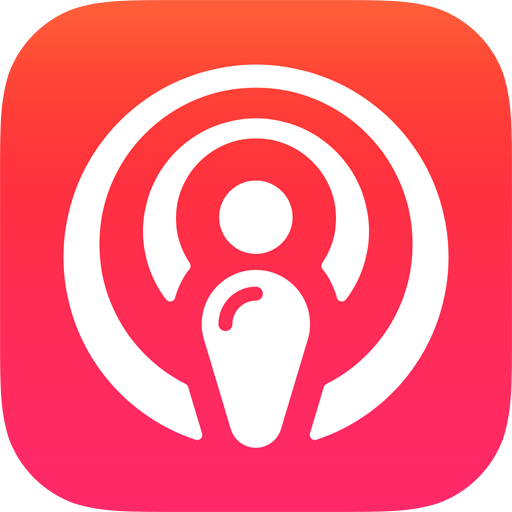Helping At-Risk Youth: Why Schools Should Take the Hands-on-Learning Approach
In 2014, the Al Qasimi Foundation pioneered the Hands-on-Learning (HOL) program. Adapted to the local context from an Australian program of the same name, HOL focused on re-engaging at-risk youth in school by providing an alternative to regular classroom activities one day a week. The program consisted of vocational training and life skills activities, including projects such as building a Brick Barbeque, designing and planting a Community Garden, and constructing an Arish House. While vocational in nature, the aim of the HOL program was not for students to focus on vocational education but to equip them with the skills, attitude, and behavior to pursue their career interests back in the standard stream of education without the fear of them dropping out of school.
The program was a markable success over the five-year pilot. From the over 100 students who took part in the HOL program, the attendance rate for regular classes increased to 90%. Similarly, students’ classroom behavior also improved. Based upon teacher evaluations, HOL students’ self-management and self-control skills increased by nearly 20%, and by the end of the 2017-2018 academic year, teacher evaluations suggested that 66% of students were able to communicate their thoughts and emotions with others clearly, up from 9% at the beginning of the year. Teachers also indicated a 57% increase in students’ ability to take responsibility for their tasks and duties (HOL Report 2014-2018, pg. 14). As an example of this, some students became role models and took leadership positions such as school corridor monitor. As for the students themselves, 88% said they felt happier and less stressed because of the program, and 100% reported a sense of belonging and care from the teachers and having a better attitude toward school (HOL Report 2014-2018, pg. 18).
In an attempt to broaden the scope of the HOL program and allow schools and students across the country to benefit from its five years of development, HOL transitioned to a self-administered version, Hands-on-Learning in a Box (HOLIAB), in 2020. Quite literally packaged ‘in a box,’ this new concept included a full academic year’s supply of materials and lesson plans meticulously tested and improved over the five years of the pilot HOL program and contains resources for the projects, life skills, and English for life lessons, as well as instructions on how to set up and maintain the program.
John Kennedy, who led the project components of the program during the pilot years before transitioning it to the ‘in a box’ concept, speaks of his deep passion for the program and care for the students he has helped. “Before, some students would not turn up on time, misbehave, damage property, or even be abusive toward the teachers. Some would even leave school within an hour of coming. Through leading the Hands-on-Learning program, I have seen a remarkable difference in these students. They are not bad kids, but they need guidance and attention. Being able to influence how the students behave in school and ultimately throughout their life is so important. They are at a vulnerable stage where they are most likely to be influenced by others and have that affect their education and their future paths in life. We need to be a positive influence and help them make the correct life choices, and I am proud to say that through this program, I think we have managed that.”
Every school has students who are more inclined to work with their hands rather than being academically minded. Forcing students down an academic path, rather than supporting their strengths in manual tasks and activities, can lead kids to become disengaged in school. This also has the knock-on effect of harming classroom activity by impacting how effectively the teacher can deliver lessons and thus provide quality education to other students. The Hands-on-Learning and subsequent Hands-on-Learning in a Box programs have engaged with students in a language they understand, using teaching methods that help support the needs of the specific students. As such, students have felt a part of a community, no longer an outsider, and achieved better results academically and behaviorally.
The Foundation believes in a people-centered approach to equipping the community to find creative, collaborative approaches that aid in the social, cultural, and economic development of Ras Al Khaimah. By ensuring that students stay engaged in school, the Hands-on-Learning program has helped youth avoid being categorized as ‘at risk’ and empowered them to make future-focused decisions and become productive members of society. It is critical that we help young people find their path in a supportive environment while they are impressionable. As such, we have now made the Hands-on-Learning in a Box program available to schools nationwide.
Schools who are interested in learning more about the Hands-on-Learning in a Box Program can contact Ms. Hanadi Mohamed at hanadi@alqasimifoundation.rak.ae
Ethan David Lee was the Programs and Outreach Associate at the Al Qasimi Foundation. He holds a BA in Film and New Media and Theater from New York University Abu Dhabi.
John Kennedy is the Training and Support Officer at the Al Qasimi Foundation. He was a leading instructor for the Hands-on-Learning Program and brings more than 30 years of management experience to the HOL team.

